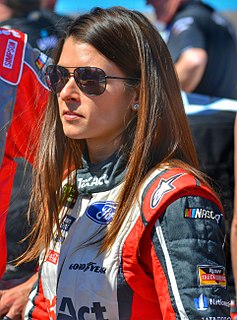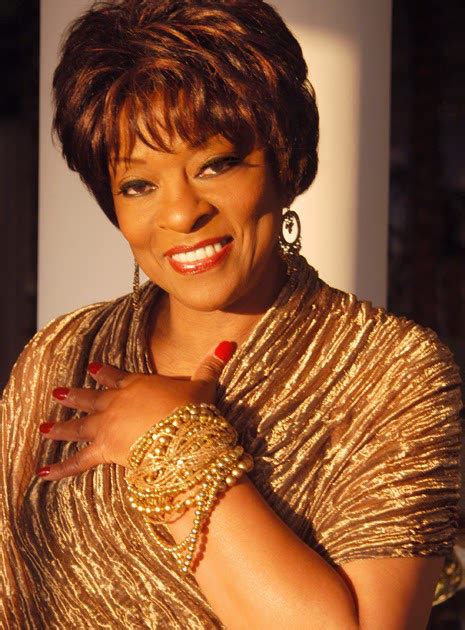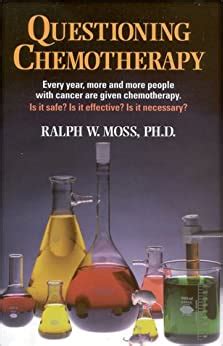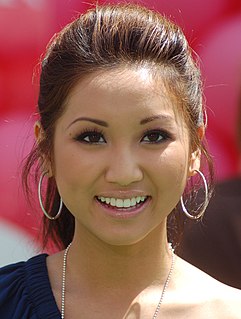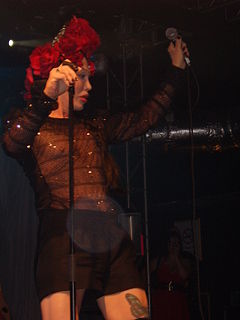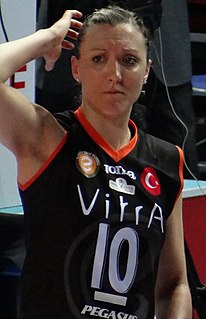A Quote by Barbara Ehrenreich
Well, the first thing that clued me in to the fact that there was something really scary about breast cancer, way beyond the thought of dying, was coming across an ad in the newspaper for pink breast cancer teddy bears. I am not that afraid of dying, but I am terrified of dying with a pink teddy bear under my arm.
Related Quotes
Do I fear death? No, I am not afraid of being dead because there's nothing to be afraid of, I won't know it. I fear dying, of dying I feel a sense of waste about it and I fear a sordid death, where I am incapacitated or imbecilic at the end which isn't something to be afraid of, it's something to be terrified of.
Kanematsu Sugiura.....took down lab books and showed me that in fact Laetrile is dramatically effective in stopping the spread of cancer. The animals were genetically programmed to get breast cancer and about 80 - 90% of them normally get spread of the cancer from the breast to the lungs which is a common route in humans, also for how people die of breast cancer, and instead when they gave the animals Laetrile by injection only 10-20% of them got lung metasteses. And these facts were verified by many people, including the pathology department.
When a significant other - a spouse, a parent or someone you're close to - is dying, it forces you to think about your life, about what you feel about death. What I realized from my dad's dying was that I wasn't scared of dying. But I was terrified of regrets. I was terrified of getting to the end of my life with a lot of Why didn't I's.
In 1980, a woman promised her dying sister to change how Americans thought about breast cancer. Thirty years later, the result - the Susan G. Komen for the Cure Foundation - is one of the nation's largest non-profits, and one of the most successful triumphs in public health marketing and changing health habits.
I chose the Pink Fund because my mom was diagnosed with breast cancer and I was pretty young in high school. At the time when she got re-diagnosed, my family had to move and they lost a job. Times were tough a little bit financially. The Pink Fund allows money to be raised to help women in need. I'm really excited to be able to represent that.


